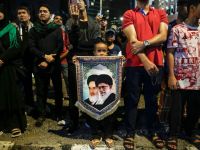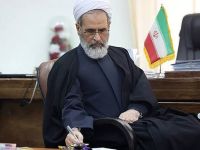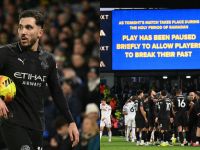The case dates back to 2007 and early 2008, when on the introduction of Sarasin-Alpen, the Khorafis purchased structured financial products from Bank Sarasin. The purchases were funded by loans made in part by Al Ahli Bank Kuwait (ABK) and in part by Bank Sarasin. The total amount laid out by the Khorafis in those purchases was $200 million. In November 2008 Bank Sarasin made margin calls which the claimants did not meet. Bank Sarasin closed out the investments; with the consequence that the Khorafis suffered substantial losses. The proceedings before the Dubai International Financial Centre’s Court of First Instance were brought against Bank Sarasin by the Khorafis with the object of recovering those losses. In a substantial ruling published on the DIFC Courts website, Deputy Chief Justice Sir John Chadwick ruled that the bank should indeed pay compensation. No figure was set in the ruling although the family has been claiming more than $26.5 million. The bank had argued that the case arose out the Global Financial Crisis in 2007 to 2008 and that the Khorafis were seeking to recover from their bankers the losses they suffered by reason of the dramatic falls in the values of their assets on the markets. The ruling noted that ‘the financial structure was based on historic performance and had markets performed as they had done before 2007 there would have been no problem – the collateral would have remained adequate and capital growth would have satisfied the cost of borrowing’. The ruling went on to say that, “It is said that Mr Al Khorafi was well aware of this; that he was not satisfied with the very successful business that his father had left him and wanted to leverage his assets to fund his grandiose plans to participate in global markets and to have his own company listed on a leading international stock exchange; and that, to this end he went about raising as much money as he could (including borrowing on the strength of his mother’s and his wife’s assets) in order to acquire assets to show to lenders and investors. It is said that he overreached himself and his schemes fell apart when markets crashed; and that he has no-one to blame but himself.” The ruling also noted that the Khorafis claimed to have been told they would ‘never lose money’ and that the risk to their investments was ‘negligible’ - claims that were describe ‘hopelessly over-optimistic’. In his ruling, Sir John Chadwick said, “I am satisfied that the present is a clear case of mis-selling unsuitable investments to an unsophisticated investor, and to his equally unsophisticated wife and mother.” He added that the sale was ‘carried out by employees of Sarasin-Alpen – motivated… by a personal interest in the fees that would be generated by the exercise – and without regard to the protection that the Regulatory Law was intended to afford Retail Customers (as these Claimants were). Bank Sarasin adopted a business model which led it to breach the Financial Services Prohibition. It appears to have been content to allow the mis-selling to take place; in that it failed to exercise any adequate supervision over those whom it held out as its own Client Relationship Managers’. “In the circumstances I think it appropriate to order that both Bank Sarasin and Sarasin-Alpen pay compensation to the Claimants in respect of the losses which they have sustained. The order against Bank Sarasin is made under Article 65(2)(b) of the Regulatory Law; that against Sarasin-Alpen is made under Article 94(2) of that Law.” Bank Sarasin has 14 days in which to appeal the ruling. Gulf News quoted Bank Sarasin-Alpen Middle East CEO Rohit Walia as saying that an appeal 'will be the natural course of action'. Subsequent to the events of the case, in 2013, Bank Sarasin merged with Bank J. Safra (Switzerland) to become part of the J. Safra Sarasin group. In 2012, its last year as a discrete entity, Bank Sarasin reported operating profit of CHF 128.8 million ($141 million) and profit before tax of CHF 23.3 million ($25.5 million).








